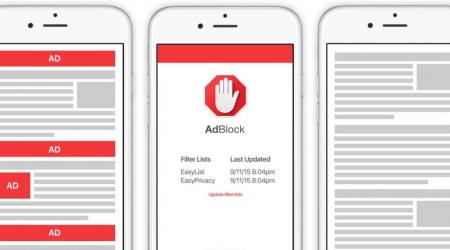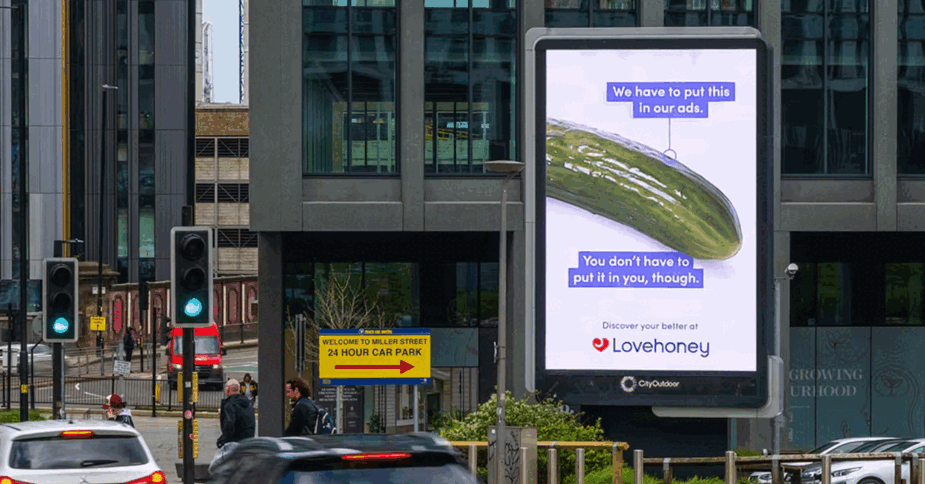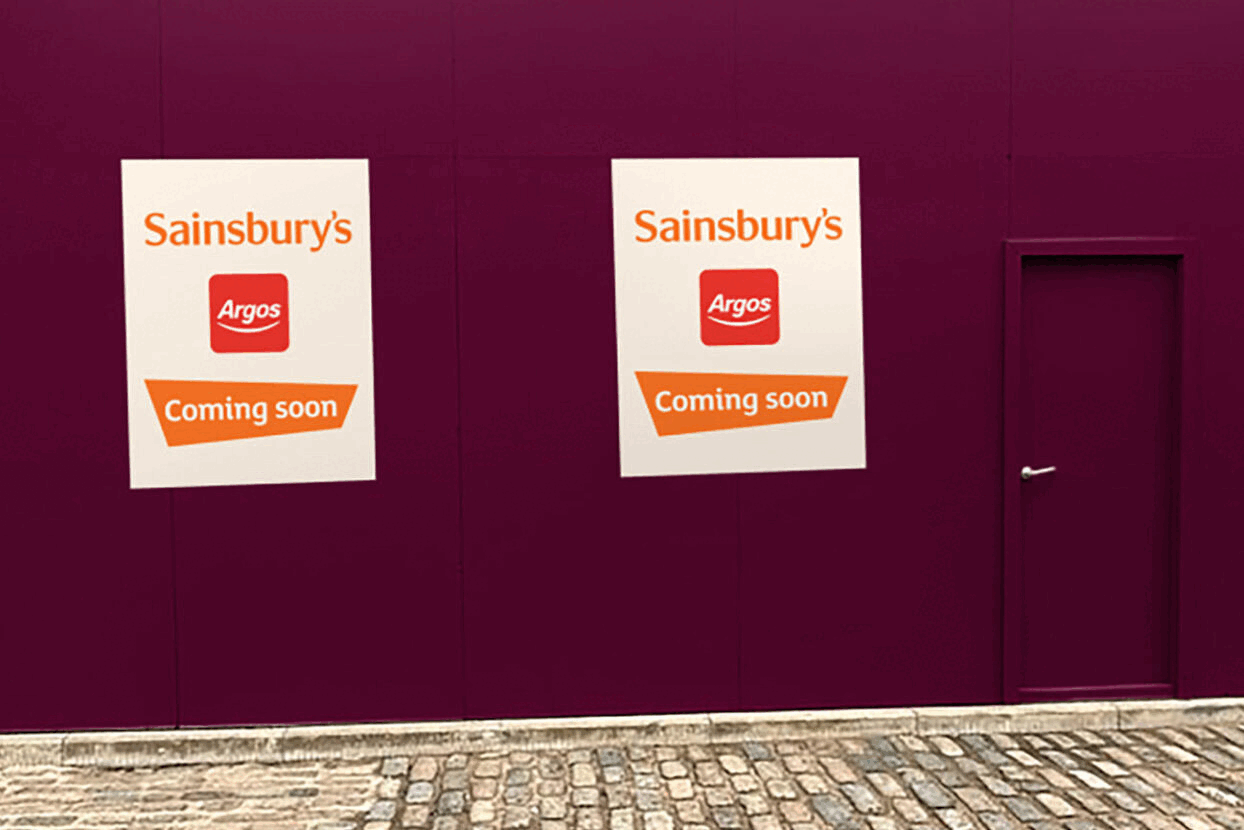Ad Blocking Update
- Thursday, March 31st, 2016
- Share this article:
 With so much going on in the ad blocking space, we thought it would make sense to update you on the latest developments every couple of weeks or so, not all of which merit a story in their own right, but which help you see the bigger picture.
With so much going on in the ad blocking space, we thought it would make sense to update you on the latest developments every couple of weeks or so, not all of which merit a story in their own right, but which help you see the bigger picture.
In mid-March, Enders Analysis released a report saying that up to 79 per cent of data downloaded on mobiles relates to ads. The study found that between 6 and 68 per cent of data downloaded to mobiles came from JavaScript, which is used for both editorial and advertising, and concluded that ads could account for around half of the data used by people reading articles on their smartphones. With figures like those, it’s perhaps no surprise that ad blocker usage is on the increase.
Meanwhile in France last week, a group of group of publishers launched a week-long trial aimed at curbing the use of ad blockers, spurred on by trade body Geste, which represents online businesses. RTE, Le Monde, Le Parisien, Le Figaro and Deezer were among those involved, but publishers were left to their own volition in terms of how heavy they wanted to get with the ad blockers.
Sports daily L’Equipe and tabloid daily Le Parisien were among those taking a hard-line approach. L’Equipe displayed a message informing readers that they must disable their ad blocker in order to access its content, while Le Parisien offered readers the choice of whitelisting the site (to enable ads), or signing up to a €1-per-month ad-free version of the site for three months.
Staying in Europe, ad blocking firm Adblock Plus was celebrating in Germany yesterday after winning its latest lawsuit against German paper, Süddeutsche Zeitung. A court in Munich ruled that it is legal for users to block ads and that Adblock Plus’s Acceptable Ads initiative is not a detriment for publishers but rather a potential benefit to them.
The court said that there is no “contract” between publishers under which users have somehow “agreed” to view all the ads a publisher serves. And since no such contract exists. the court said, users have the right to block those or any ads. Additionally, the judge ruled that by offering publishers a way to serve ads that ad blocking users will accept, the Acceptable Ad initiative provides them an avenue to monetize their content, and therefore is favourable, not disadvantageous, to them. This was the ad blocking firm’s fifth straight lawsuit victory in Germany, following previous triumphs over Axel Springer, RTL Interactive, ProSieben/Sat1 and Zeit/Handelsblatt.
Finally, on the first day of its Build developer conference yesterday, Microsoft announced that its replacement for the Internet Explorer desktop browser, Edge browser will have ad blocking capabilities built in.

















